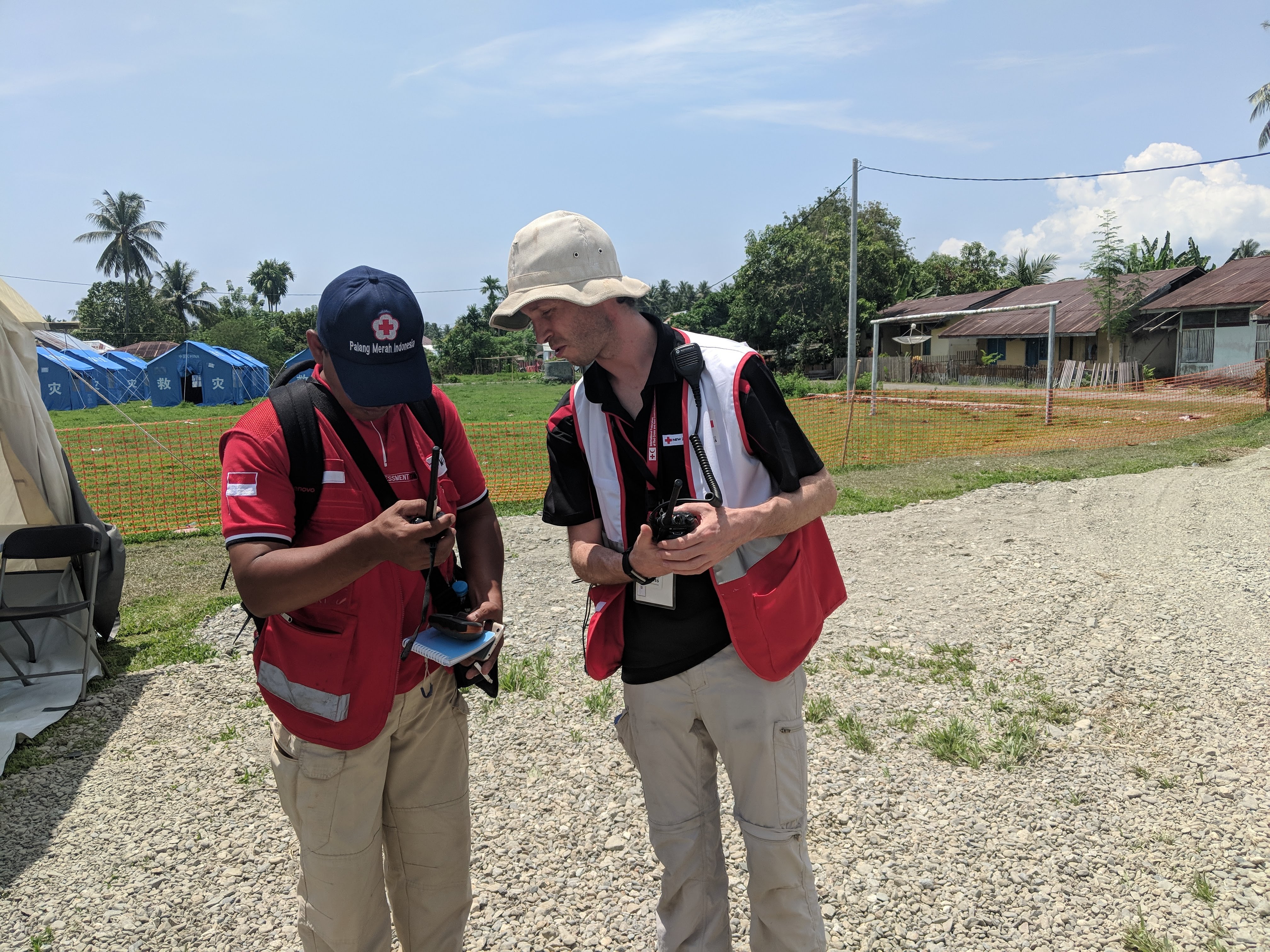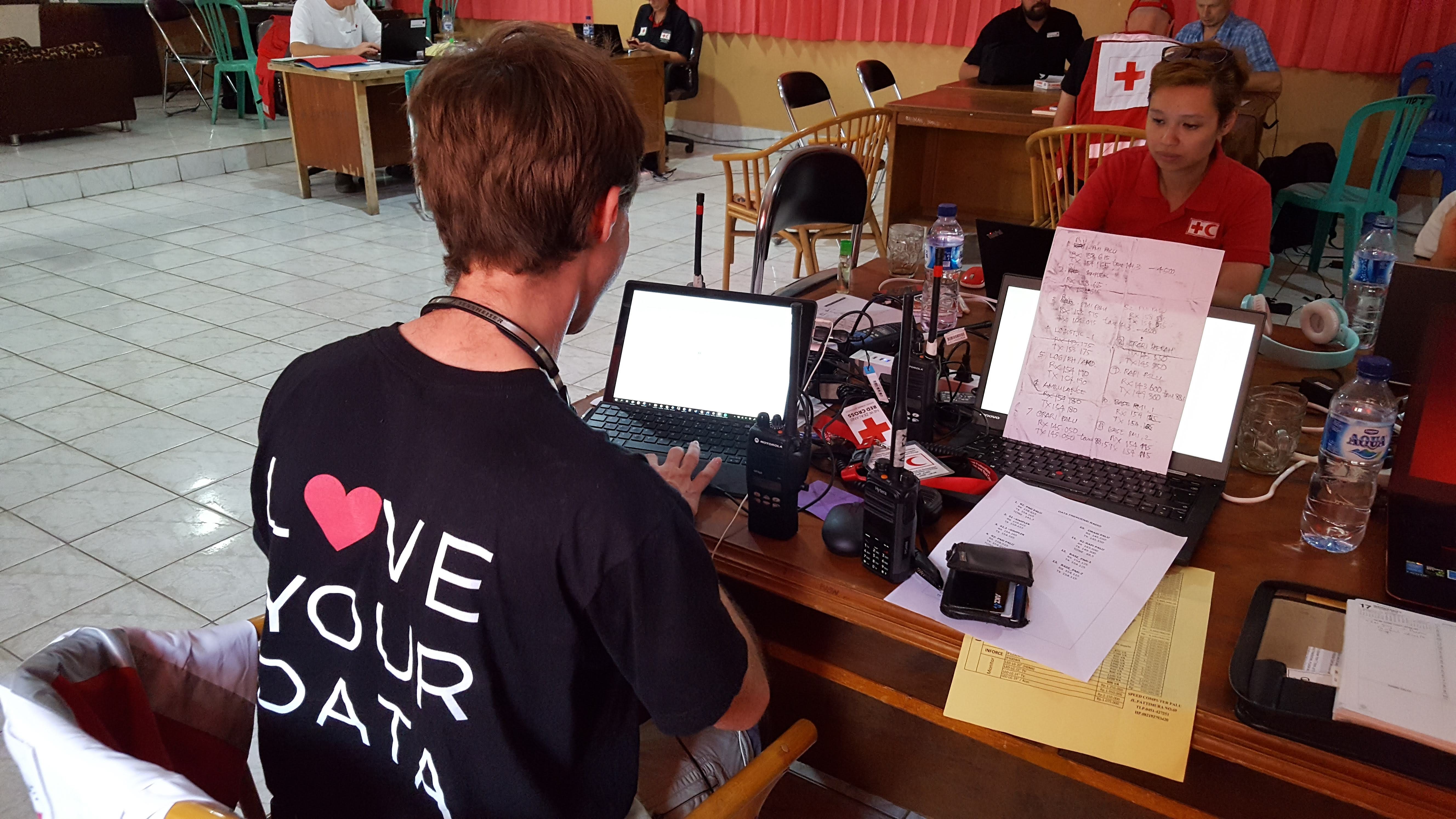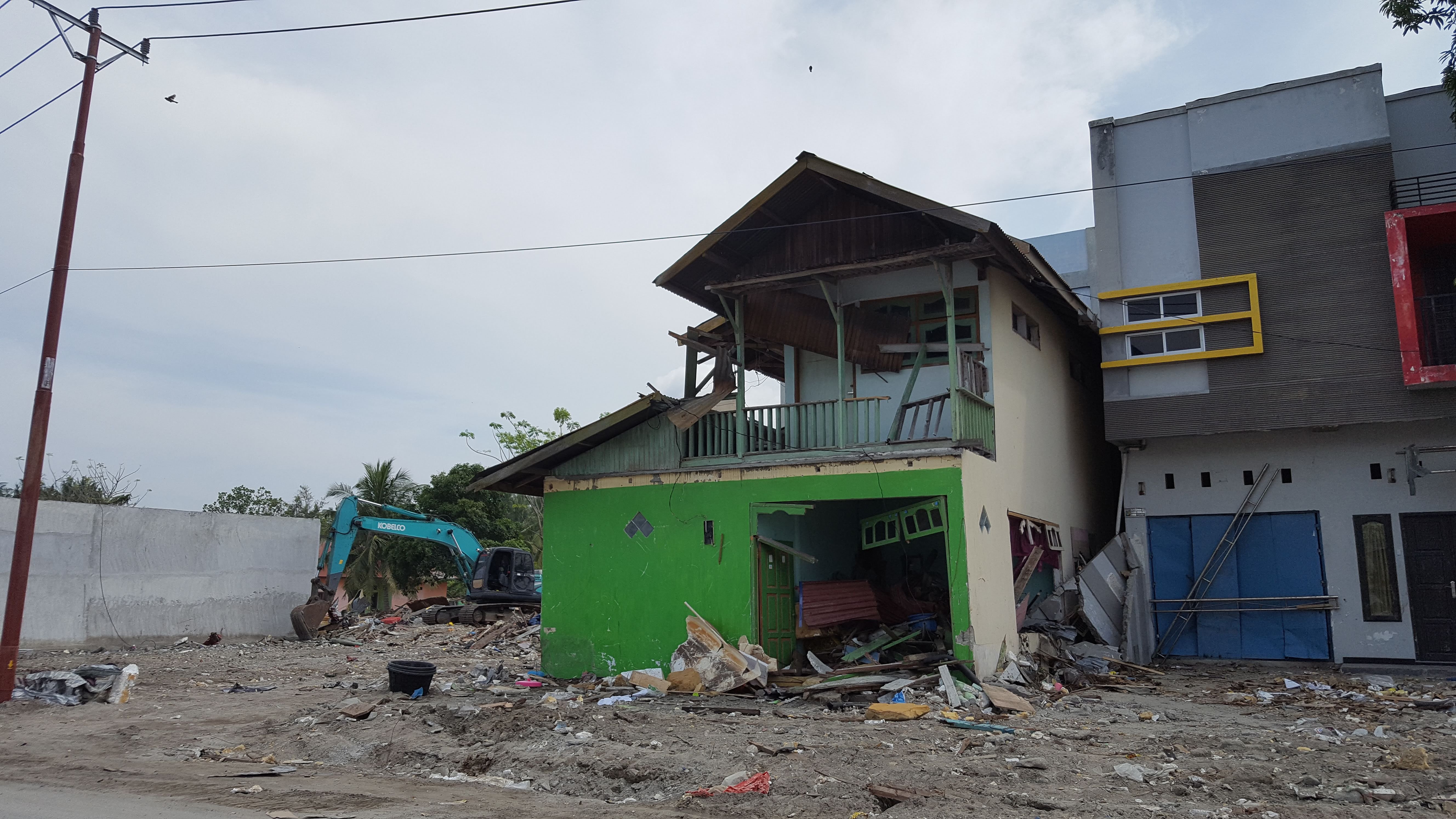A day in the life of a Red Cross volunteer
In addition to my day job working as a team manager at Pythian, I am fortunate to be part of a specialist Red Cross volunteer team called an Emergency Response Unit (ERU). There are many of these ERUs around the world, serving many purposes, but I am a member of an IT&T ERU, responsible for all things to do with radio communications, computers and networks. In the event of a natural disaster, a country may request the help of the international element of the Red Cross if the disaster is sufficiently big to warrant it. The Red Cross office in Geneva may also elect to send one or more ERUs along with their response to assist the efforts there. My job as an ERU member is very much a support role. I am there to make sure that the doctors, builders, engineers and everyone else, both from overseas and locals, are able to talk to each other, have access to the information they need, consult with their colleagues back home and to help make them able to operate as efficiently as possible. I have been a member of the New Zealand IT&T ERU since 2010. During that time, I’ve been sent to Samoa in 2012 to assist in the wake of Cyclone Evan. I’ve also been to Tacloban in The Philippines over Christmas and New Years in 2013 for Typhoon Yolanda and am now here in Palu, Indonesia for the significant earthquake and tsunami they have experienced. A large earthquake, combined with a geological phenomenon called “liquefaction”, has severely damaged buildings, and in places, completely destroyed towns. A tsunami then hit the coast, sweeping away people and wreckage and causing more collapses. Thousands of people have been killed and thousands more are still missing, presumed buried in the rubble and mud. Thanks to Pythian’s flexibility, I was able to jump on a plane and head straight out. After a stopover in Jakarta while the next leg was arranged, I arrived in Palu - a city on Sulawesi that was hit very hard. Everywhere I go, I see Indonesian flags flying at half mast from houses, fences and lamp posts. Power is now starting to come back on again in the bigger towns, and cellular connectivity is being restored but is still unreliable. There are still aftershocks from time to time. While these can be scary for some of the volunteers here, it must be so much worse for those that lived through the trauma of the initial disaster. I have been spending my time working in a temporary field office in Palu, and making trips out to the surrounding areas to meet with the various people in the field to find out what they need to make their jobs easier. It’s interesting and varied work during a disaster response. Yesterday I drove north up the coast to meet with the director of a field medical clinic in Tompe, near the epicenter of the earthquake. Their clinic is completely out of touch with the rest of the operation and their doctors working out in the field are unable to communicate with the clinic until they return at the end of their trips. While there, I also visited the Tompe Red Cross field office and was lucky enough to share a meal with them while we talked about what they needed to make their jobs easier. I spent today working with the VHF radio network, resolving a knotty CTCSS issue that was causing radios to refuse signals from some others. Solving that has allowed us to join the local Indonesian disaster response and logistics radio net. Of course, being the tech in the room means there’s a lot of odd side-requests, like coaxing a little more life out of a spent toner cartridge while someone is out looking for a surviving shop that has printer supplies. Tomorrow a colleague and I are driving back up north to the Tompe clinic with a satellite uplink, and some networking equipment to provide a field medical clinic with a reliable internet feed. It’s a long drive and the roads have been badly damaged, so we’ll have to make a couple of days of it, camping out with the medical team while we get everything working. Then, once we are confident it is going to hold up and we have a way to remotely fix any issues, we’ll make our way back to Palu again. Once the rest of the equipment that is following me from New Zealand clears Indonesian customs, we’ll likely return to Tompe with a kitset VHF radio, mast and antenna, along with handheld radios for the doctors going into the field. I will be here for three more weeks of a month-long rotation. After that, I’ll go home to my family, and the next month’s rotation will pick up the baton. As you might imagine, it is difficult to drop everything at 48 hours notice and step away from a busy life and job, but I’m fortunate to be working for a company that values humanitarian work and that is flexible enough to allow employees to do things like this.









